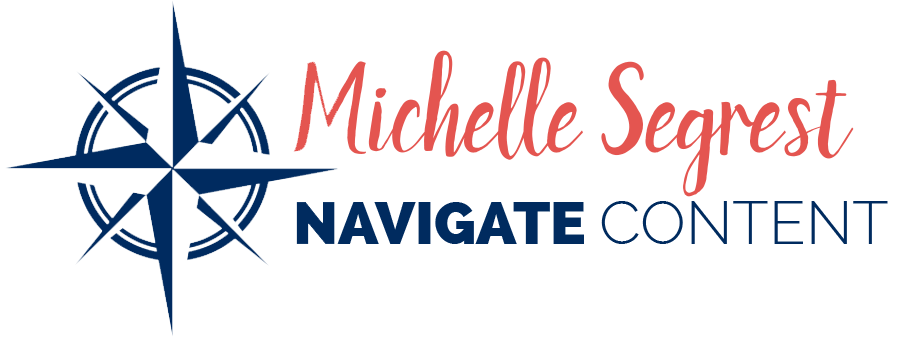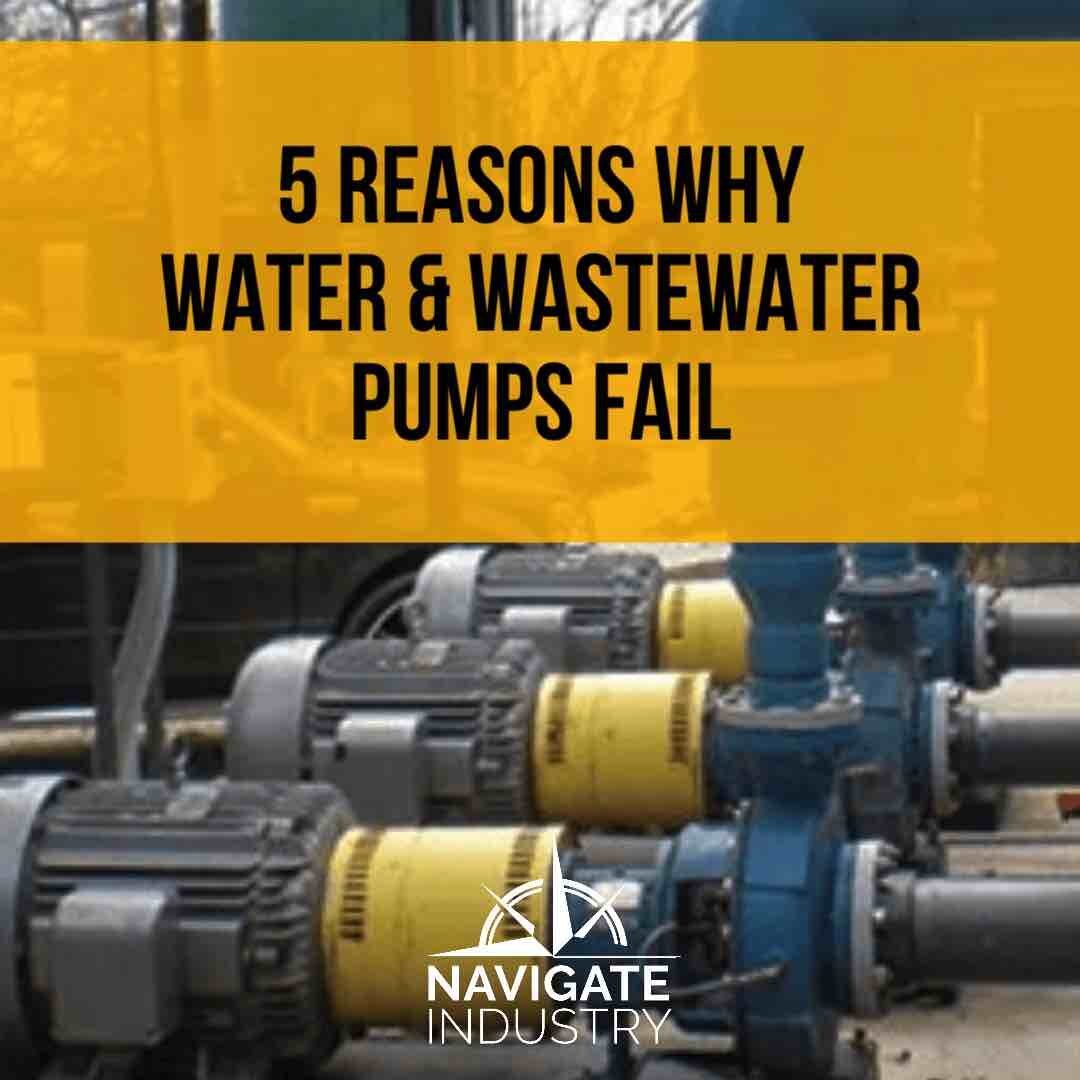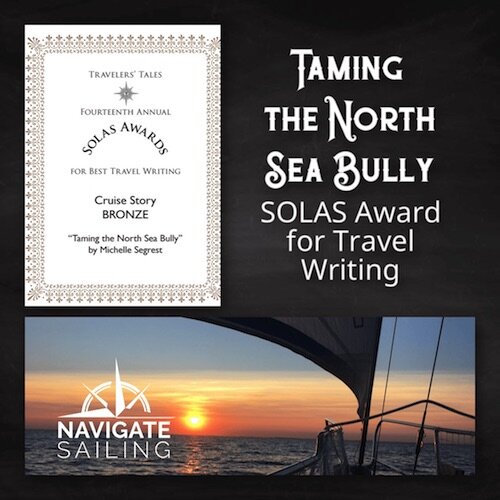Building Industrial Engineering Startups that Make an Impact
/For more than 30 years, Steve Tourigny has been involved in the design, development, and management of many products, processes, plants, and businesses. Through his experience, he gained expertise with startups, helping companies get key projects off the ground. With extensive engineering, operations and partnering experience, he now works has an independent consultant servicing a variety of industries in an advisory capacity.
By Michelle Segrest, Navigate Content, Inc. - Reporting for ValveWorld, ValveWorld Americas, and Pump Engineer
Steve Tourigny typically works with small- to medium-sized companies helping them work through new products or processes. They all want two things—low cost and fast results.
“They are all trying to find the ‘best of breed’ solutions,” he said. “They are all extremely cost and schedule conscious and are continuously evaluating their core competencies versus what should be farmed out to partners. I use my extensive experience and network of contacts to guide them in specific areas.”
After three decades of experience, Tourigny has developed a wide range of expertise including process engineering, automation, process control, plant design, operations and supply chain management, staffing, and strengths management. The range of industries is just as varied as his skills—advanced materials, semiconductor process equipment, hydrogen fuel cells, waste-to-energy conversion, and general process industries.
He learned early in his career that building projects from scratch was his passion.
“I’m an engineer by education,” he said. “When I was 28 years old I went to Huntsville, Alabama to help build a plant. I was the youngest of about five engineers who were sent down there. We were all based in Massachusetts. It was the expansion of a plant—about a $40 million project in the 1980s. It was a great experience. We were working like a bunch of mad dogs working 6 and 7 days a week. We were young, but we had a lot of control and autonomy that you don’t usually get with a big company. It took about 10 years to find out that my skill and my passion was building things and starting from scratch.”
A few years later he transferred back to the company in Massachusetts. Three years later, he worked for a small startup company in Cambridge and then journeyed to California in 1990.
“This is when I realized this is what I really love to do so my career has been built around helping companies build things,” he said. “One company was building digesters for digesting food waste. I realized they had a waste problem that we could solve. We took their waste and put it in a digester and they could say that they had no waste. They used every bit of it.”
Tourigny said that most of his clients are confidential, but some of his clients include EBARA Technologies, CleanWorld, Sierra Energy, California Safe Soils, and Glenbrook Partners. All his clients are technical in nature and produce either unique products or unique processes.
“I love doing what I’m doing. I don’t see it ending any time soon,” he said. “Working with multiple companies is not something I ever planned, but it’s worked out nicely for the last three years. My whole career has been taking things from the dream stage to the early implementation stage and then getting it where it needs to be to go commercial. The phase where you know where you want to be, but you don’t know how you are going to get there—that’s the part I like. As soon as we figure out how to get there, I say, I’m bored, now go hire a plant manager and I’ll move on to the next project.”
Tourigny has worked with all kinds of process equipment. “My last company was an anaerobic digestion company converting organic waste into energy and fuel,” he said. “We went all the way from garbage to making quality compressed natural gas. The one before that was hydrogen fuel cells using small contact fuel cells for backup power. I also worked in the semiconductor industries for 18 years making really high end equipment. Before that I worked for a ceramics company. That’s the one that took me to Alabama.”
For Tourigny, there is no typical day. Each one presents new challenges.
“I sometime arrive at a prearranged time and meet with staff as if I were an onsite employee,” he explained. “Other times, I get called in to monitor a call or a meeting with a partner or customer. In clients with weaker in-house engineering teams, I can serve as the de-facto CTO, advising the CEO and management team in a specific technical matter. One CEO viewed me as a technical referee and advised me to ‘throw a technical B.S. flag’ when a partner made an unsubstantiated claim. I also do a lot of production and process line reviews and walk-throughs to identify weaknesses and other areas of potential improvement. Finally, I serve as the primary interface with other outside technical partners and experts when they are brought in on a specific project.”
Solving Problems with Pumps and Valves
Tourigny has worked extensively with pumps and valves and other process equipment.
“The biggest problem is specifying the wrong part by not fully understanding your application,” he said. “This is where experience and a broad referral network come into play. Another is over designing to accommodate future growth that may or may not materialize. I have seen many cases where a decision to save money long term had the exact opposite effect. Knowing your application and specification limitations is critical.”
Tourigny said that understanding the specifics of your project is the first step for any project. “First and foremost, know your materials (valve body and seals),” he said.
“Identify and stock critical spares and/or arrange for consignment of spares with the OEM. In the case of valves, knowing your actuators and their limitations is also important. There are so many variables with pumps! A review of recommended spares and PMs is a good idea. For small pumps, having spares and a design that facilitates quick change out can be helpful. On larger pumps, monitoring vibration and periodically performance against the theoretical pump curve can be useful for predictive maintenance.”
Tourigny also has advice for ensuring safety when working with pumps and valves.
“Knowing the difference between the gas phase and liquid phase processes s critical,” he said. “Understanding both static and dynamic energies within a system is essential. Isolation of components being service and flawless lock-out-tag-out (LOTO) procedures. Communication between operations, technical staff and servicing staff is a huge concern, especially in smaller organizations where people commonly wear several hats in their day-to-day roles.”
Advice for End Users, Engineers, and Engineering Startups
With his wealth of experience, Tourigny has advice for young end users.
“This is easy! Get out of your office and spend as much time in the field or operation as you can,” he said. “The people in the day-to-day operations may not know the latest and greatest technical products, but they understand the process and its current limitations better than even the designers. Ask lots of questions and listen carefully! Also, spend time developing and cultivating a network of resources and experts. Early in my career I set a goal to contact at least one new resource every day. This was a key to my finding solutions quickly and effectively. At first it seemed a chore but it soon became a natural part of my day. Today I find myself referring to thousands of contacts developed over 30 years. A lot of great friends and calls...and don't be afraid to ask for help! Never stop learning and enjoy working with other smart people with a can-do attitude. Time flies so have fun!”
Michelle Segrest is president of Navigate Content, Inc., a full-service content creation firm, and has been a professional journalist for more than three decades. She has covered the industrial processing industries since 2008 and specializes in technical articles and case studies that focus on technology and innovation connected with rotating equipment. Contact her at michelle@navigatecontent.com











